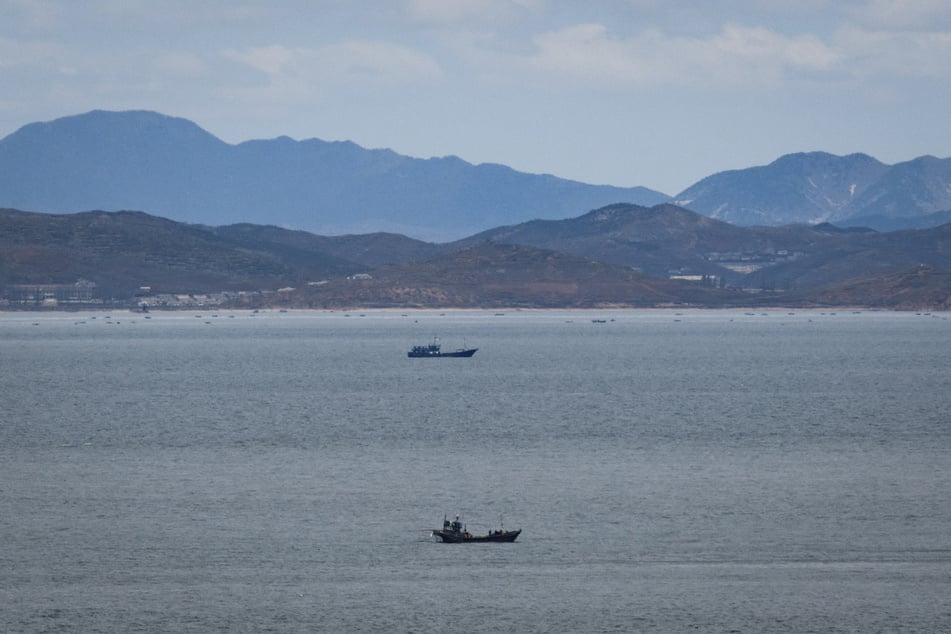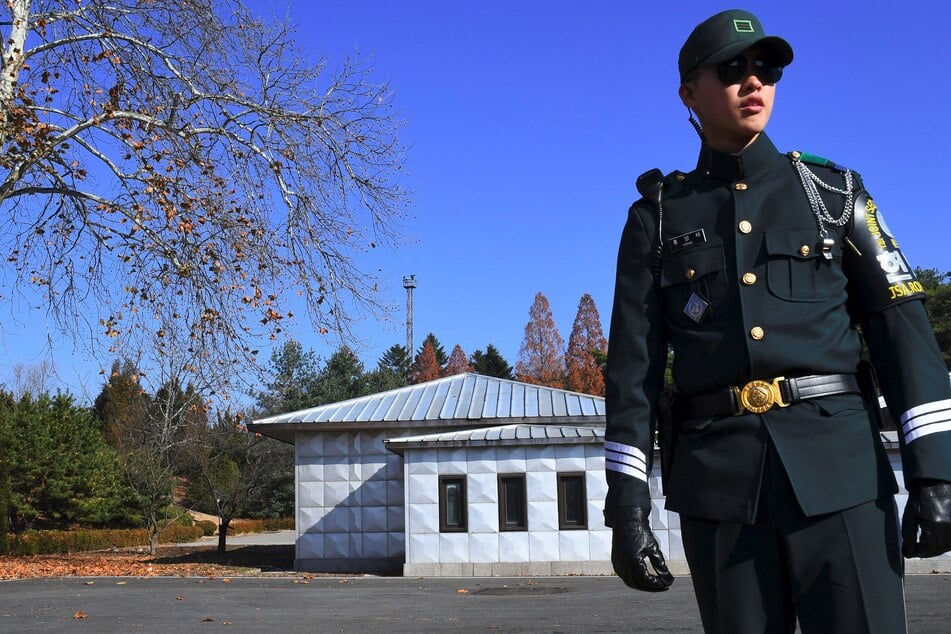North Korean crosses maritime border in latest high-profile defection
Seoul, South Korea - A North Korean has defected to the South across a de facto maritime border in the Yellow Sea, Seoul's military said Thursday.

The latest defection comes as relations between the two Koreas are at one of their lowest points in years, with the North ramping up weapons testing and bombarding its neighbor with trash-carrying balloons, while the South is targeting the Pyongyang regime through propaganda campaigns.
"The South Korean military has secured a suspected North Korean individual and handed them over to the relevant authorities", Seoul's Joint Chiefs of Staff said, adding there has been no unusual movement by the North Korean military detected.
"Relevant authorities are currently investigating the exact process of the defection and whether the individual wishes to defect to the South," it added.
The individual arrived "on foot" early Thursday on Gyodong island, off the peninsula's west coast, near the border between the Koreas. Initially, "two defectors had been initially spotted, raising the possibility that one of them may have failed to cross", the Yonhap news agency reported, citing unnamed military sources.
Other South Korean media reported Thursday that two North Koreans attempted to defect to the South through the border island, just over 3 from North Korea.
More North Koreans looking to defect

Most defectors go overland to neighboring China first, then enter a third country such as Thailand before finally making it to the South.
The number of successful escapes dropped significantly from 2020 after the North sealed its borders – allegedly with shoot-on-sight orders along the land frontier with China – to prevent the spread of Covid-19.
But the total almost tripled last year to 196, Seoul said in January, among them more students and elite diplomats, the latest of whom gave a damaging interview in July after defecting last year.
South Korean Defense Minister Shin Won-sik told a parliamentary committee that an investigation was "underway by the relevant authorities".
Shin said it was a "successful mission" which the South's military "continued to monitor and guide" from the individual's point of departure.
The incident is the first time in 15 months that a North Korean defected to South Korea through the Yellow Sea.
In May 2023, a family of nine escaped the North using a wooden boat.
"Instability and confusion" leading to defections
Experts say defectors have likely been impacted by harsh living conditions, including food shortages, and inadequate responses to natural disasters, while living in the isolated North.
"North Korea has suffered severe flood damage recently and has caused a lot of damage in other areas as well, including parts of the city," Cheong Seong-chang, director of the Korean peninsula strategy at Sejong Institute, told AFP.
"It is possible that the people who were unhappy with the North Korean system may have used this internal instability and confusion to defect."
Heavy rainfall hit the North's northern regions in late July, with South Korean media reporting a possible death toll of up to 1,500 people.
Pyongyang treats defections as a serious crime and is believed to hand harsh punishments to transgressors, their families and even people tangentially linked to the incident.
Cover photo: Ed JONES / AFP

